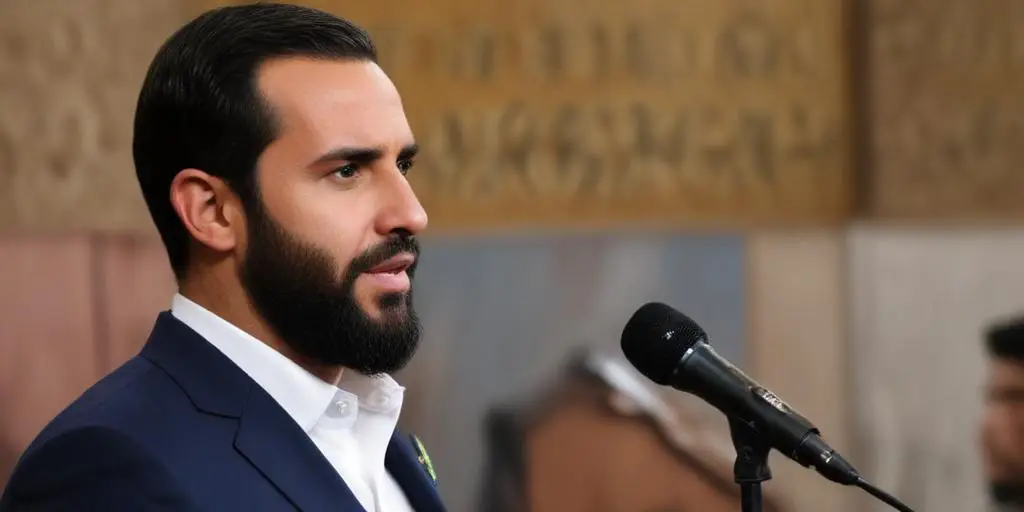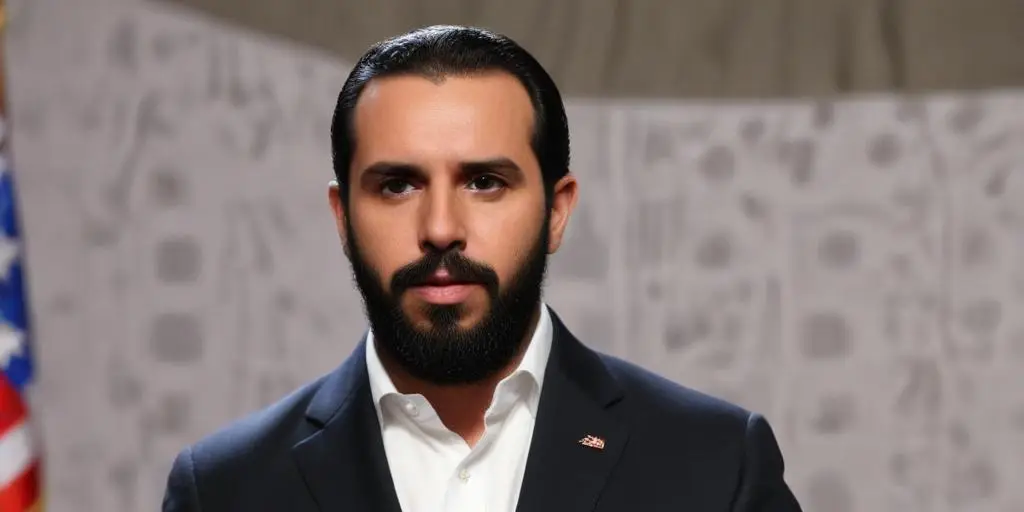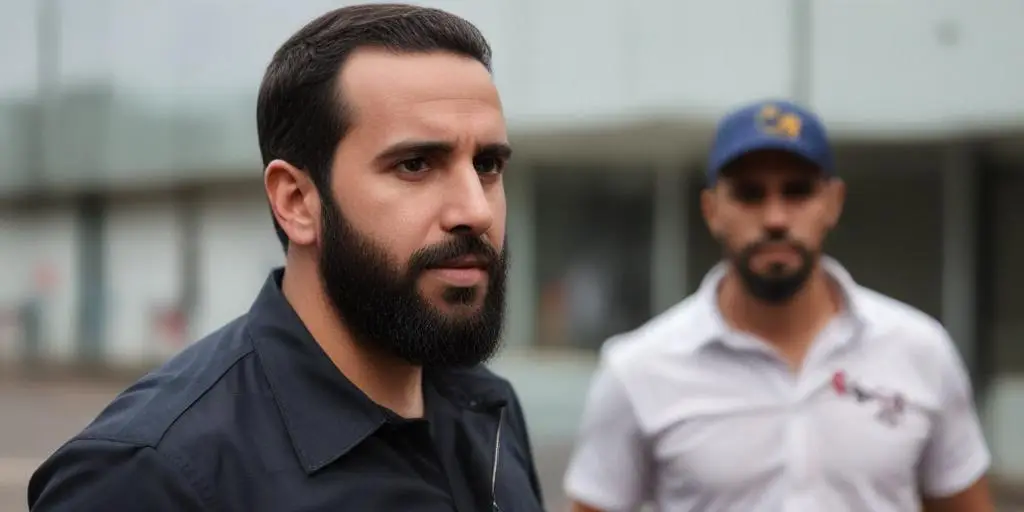In a dramatic move that’s drawing international attention, El Salvador’s President Nayib Bukele has proposed a controversial prisoner exchange—offering 252 Venezuelans deported from the United States and now detained in El Salvador, in return for the release of an equal number of political prisoners held in Venezuela.
A Humanitarian Bargain or Political Chess?
The proposal, made public through Bukele’s post on X (formerly Twitter), was directed at Venezuelan President Nicolás Maduro. Bukele asked for the release of journalists, human rights defenders, and opposition-linked individuals, some of whom are internationally recognized as prisoners of conscience.
Among those named were:
- Roland Carreno, a journalist
- Rocio San Miguel, a human rights lawyer
- Corina Parisca de Machado, the mother of opposition leader Maria Corina Machado
Bukele also called for the release of nearly 50 foreign nationals, including Americans, Germans, and French citizens, who are reportedly detained in Venezuela.
What Sparked the Controversy?
This unexpected proposal comes after the U.S. government deported hundreds of Venezuelans, allegedly linked to the notorious Tren de Aragua gang, to El Salvador. The Biden administration is paying El Salvador $6 million to detain these individuals at CECOT, the country’s maximum-security Terrorism Confinement Center.

However, human rights groups, legal representatives, and family members of the detainees claim many of them have no criminal record and were wrongfully accused of gang affiliations.
Bukele made it clear:
“Unlike your political prisoners, those detained here were part of anti-gang operations led by U.S. authorities.”
Venezuela Pushes Back
The Venezuelan government, through its Attorney General Tarek William Saab, issued a strong rebuttal. Saab demanded a list of names, medical reports, and proof of life for each detainee. He also labeled the detentions in El Salvador as human rights violations, accusing Bukele of being complicit in what Maduro described as a “kidnapping operation.” Maduro argues that Venezuela has no political prisoners and that all of the detainees were found guilty of crimes by lawful means. However, watchdog agencies like Foro Penal have indicated that more than 800 Venezuelans are being held in jail for political motivations.
Bukele’s Strategic Message
Bukele’s message wasn’t only asking for a prisoner exchange—it also communicated something to the world. He insisted that El Salvador doesn’t have political prisoners, presenting his nation as a law-abiding partner in international anti-gang campaigns.He proposed that Venezuela include in the exchange
- Four political figures currently seeking asylum at the Argentine Embassy in Caracas
- Nearly 50 foreign citizens, including U.S. nationals wrongfully detained in Venezuela
Some of these asylum seekers have been living inside the embassy for more than a year under accusations of terrorism and treason for their affiliation with the Machado opposition movement.
Diplomatic Shockwaves Throughout Latin America
This plan is as much a matter of diplomacy as it is a matter of optics. Bukele has a reputation for having a hardline policy towards crime and a bold, if sometimes erratic, foreign policy. With this plan, he positions himself as a regional power broker, willing to take on authoritarian regimes and advocate for human rights.
The UN and the international community of human rights organizations have always denounced the Maduro government for political prisoner detentions, repression against the press, and the muzzling of democratic liberties. Bukele’s offer banked on the international criticism in making a humane plea while building up his worldwide stature.

Will the Swap Occur?
Up to this point, Venezuela has not yet officially replied in diplomatic terms, and there has been no schedule set for negotiations. But the daring step of Bukele has initiated a new era of Latin American diplomacy, integrating all aspects of migration policy, international law, and humanitarian lobbying.
The United States is a silent player in this equation, but the outsourcing of detentions to El Salvador indicates just how strongly regional policies regarding immigration, crime, and foreign relations have become entangled.

